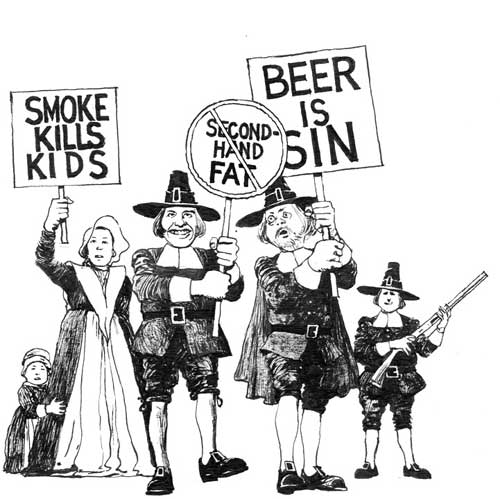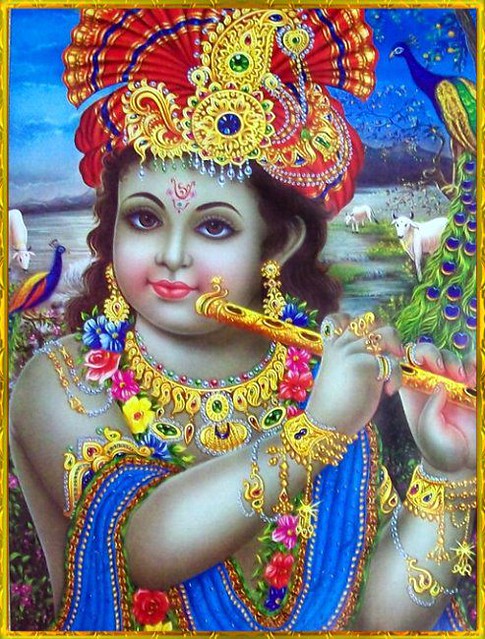Twelfth
Night is said to have been written between 1601 and 1602. In those years, as we
all know, Puritans were not the people everyone wanted to be friends with. As we all know, they did not agree at all
with certain elements present in the Church of England, because they considered
that they had their origins in the Catholic Church. Puritans wanted to get rid
of anything that had to do with Christianity; therefore, they were considered
extremists.
As they
intended to purify themselves and the Church of England, they tried to stay
away from all the things that, according to them, promoted selfishness,
amusement, and distracted from studying the Bible and devoting time to God.
Among those distractions, the theatre was considered as one of the biggest invitations
to sin; consequently, they would bother playwrights and try to close
playhouses.
As a
result, Shakespeare would mock them in his plays, and as evidence we have
Malvolio. He represents perfectly the image that Puritans projected at the time:
seriousness, restraint, killjoy, etc. Throughout the play, there are many
instances in which Malvolio acts as a Puritan.
It is known that Puritans had their own interpretation of the Bible. They read it and handled what appeared there, so that it said what they wanted to hear, and they could have background arguments for their practices and beliefs.
In one part of the play, Malvolio reads a letter, supposedly written by Olivia, expressing her love and affection towards someone. As he reaches the end, he realizes the initial letters match his name, and instantly assumes that the letter is addressed to him:
'I may command where I adore.' Why she may
command me; I serve her: she is my lady. Why, this is evident
to any formal capacity; and there is no obstruction in this.
And the end, -- What should that alphabetical position
portend? If I could make that resemble something in me -- softly! M,O,A,I,--
(Act II, Sc. 5. 105-110)
Here's the exact scene from the movie Twelfth Night:
Can you
identify another specific moment? How do you feel about Malvolio?
Sources:
"A BRIEF HISTORY OF CHRISTIANITY IN ENGLAND." A History of Christianity in England. Web. 15 Oct. 2014.
"A HISTORY OF 17TH CENTURY ENGLAND." England in the 17th Century. Web. 15 Oct. 2014.
Bevington, David M. Shakespeare's Ideas: More Things in Heaven and Earth. Chichester, West Sussex: Wiley-Blackwell, 2008. Print.
Shakespeare, William. Twelfth Night. Hauppauge, N.Y.: Barron's, 2002. Print.














.jpg)


